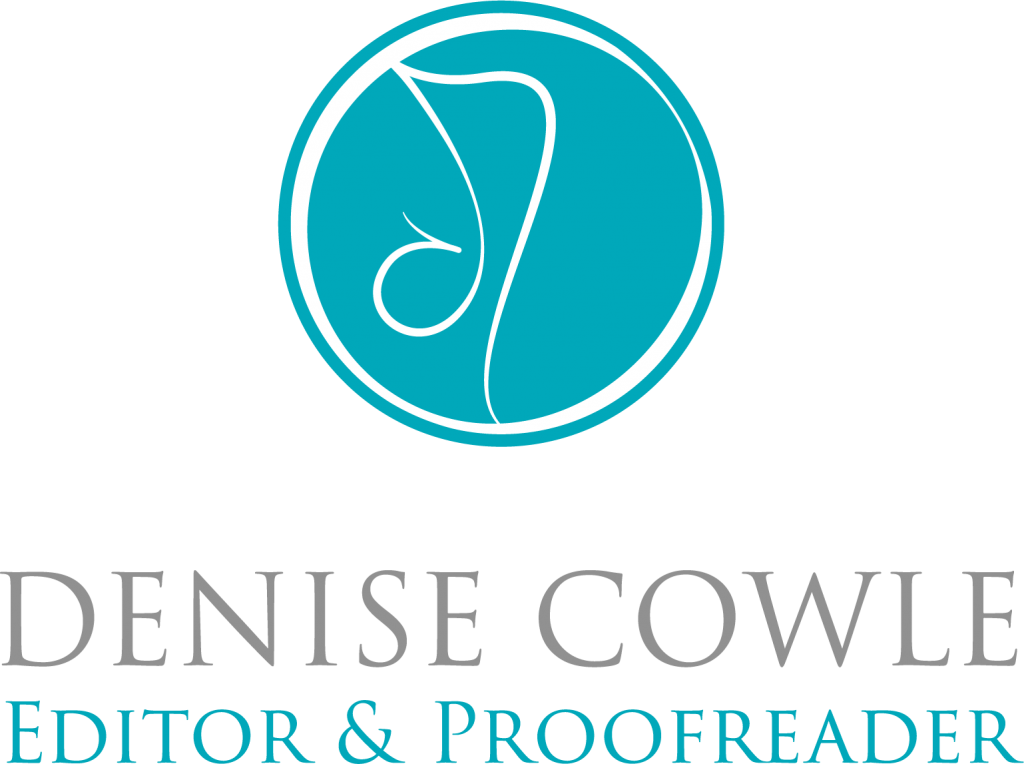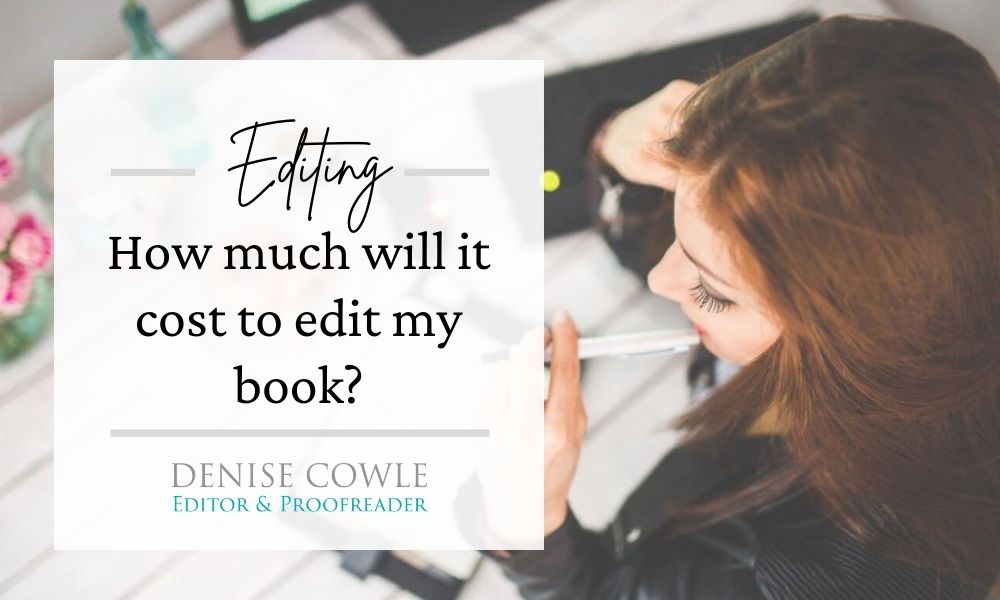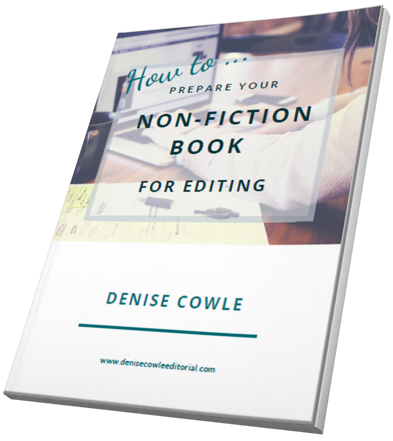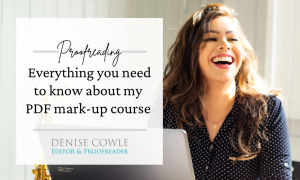It probably won’t surprise you much to hear me say …It depends.There are so many variables to take into consideration that it’s unlikely anyone will give you a firm price straight off the bat without asking you several follow-up questions.Here are the questions you need to answer before you can expect a firm quote:
- What level of editing do you need?
- How long is your text?
- Can I see a sample of your work?
- What is your schedule? Do you have a fixed deadline?
And there are some questions you’ll have yourself:
- What will an editor charge?
- When do I pay my editor?
- Can I save money on my copyediting and proofreading?
If you’d prefer to listen, this episode of The Editing Podcast, which I host with Louise Harnby, covers all of these points.
What level of editing do you need?
This is a big consideration, and you will have to discuss this with your editor. While developmental editing, copyediting and proofreading are defined steps in the traditional publishing process, if you are a self-publisher, business owner or large organisation which produces content, you may need help deciding what level of intervention you need. For example, it’s very common for me to be approached for proofreading, but when I have a chat about how the document had been put together and then look at the material itself, it’s often clear that the writing would benefit from copyediting. This is particularly true when there are multiple contributors to the document, for example from different departments for a company’s annual report, or when different members of staff write blog posts. In this case your editor will need to bring together the writing to ensure a coherent, consistent tone of voice and standardise a style of usage across the board. If you’re not sure about the difference between the two, have a look at my blog post Does my book need a proofreader or a copyeditor?
Back to top
How long is your text?
Can I see a sample of your work?
What is your schedule? Do you have a fixed deadline?
What will an editor charge? Is there a recommended rate for editing?
Remember that you get what you pay for
When do I pay my editor?
Be prepared to pay your editor in advance. This may be a deposit or the full amount. Many editors will ask you for an upfront non-refundable deposit of 30–50% to secure a slot in their schedule, with the balance due on completion of the job. For a very large project that extends over several months, for example editing and updating website content through several iterations, you may be invoiced monthly. On the other hand, if your job is small it may attract a minimum fee (for example, mine is £75). If you know you’re going to produce this type of work on a regular basis it may be more cost-effective for you to negotiate a rate for regular work on a weekly or monthly basis. The details of payment should be agreed in advance of any work being started and will form part of your editor’s contract.
Back to top
Can I save money on my copyediting and proofreading?
Yes, you can! There’s a lot you can do to prepare your book for copyediting or proofreading.
- Make sure your book has a good structure and a logical narrative flow. If you’re not sure about this you should consider getting a manuscript critique and, if necessary, help from a developmental editor.
- Your copyeditor or proofreader should not be this first person to read your book from cover to cover!
- Get feedback from trusted colleagues and beta readers, not family and friends who may not be the best people to provide an objective, informed critique.
- Act on that feedback!
- Prepare your book file before you send it to your editor – simple tasks like applying basic Word styles, doing find-and-replace searches for double spaces and running a spell checker all help to cut down on the mechanical
- tasks your editor needs to do, which leaves more time for them to focus on your words.
- Plan ahead to avoid those rush charges!






